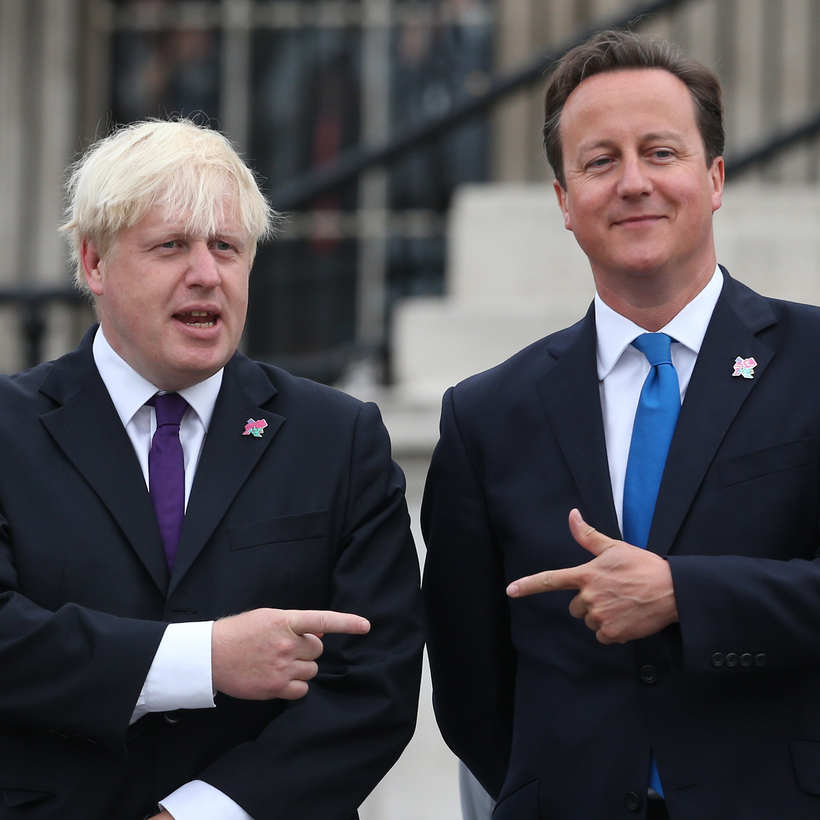David Cameron left office with a song in his heart. Britain’s 53rd prime minister had just finished his resignation statement outside 10 Downing Street in July 2016, and as he walked back toward the recognizable black door, his pocket microphone picked up the sound of him humming a little tune: “Do dooooo, doo-doo.” Some detected a touch of The West Wing, others thought it was Wagner, but it was more of an amiable Winnie-the-Pooh sort of tiddely-pom, a sound that indicated a man at ease with his decision.
As the door closed, Cameron was heard to say “Right …” absentmindedly. I wrote in the next day’s Times of London that he sounded “as if he were the Earl of Grantham just returned from rogering one of Downton Abbey’s maids and not sure of how else to pass the afternoon.”


